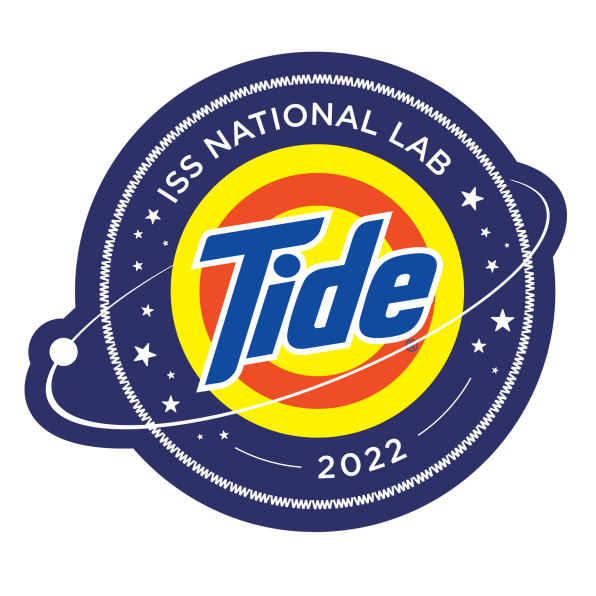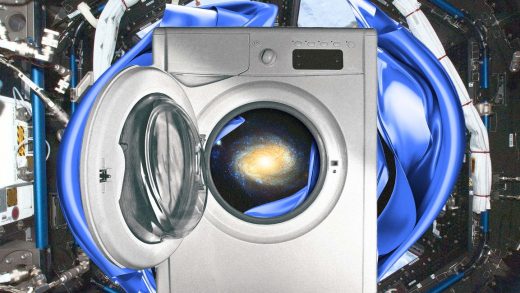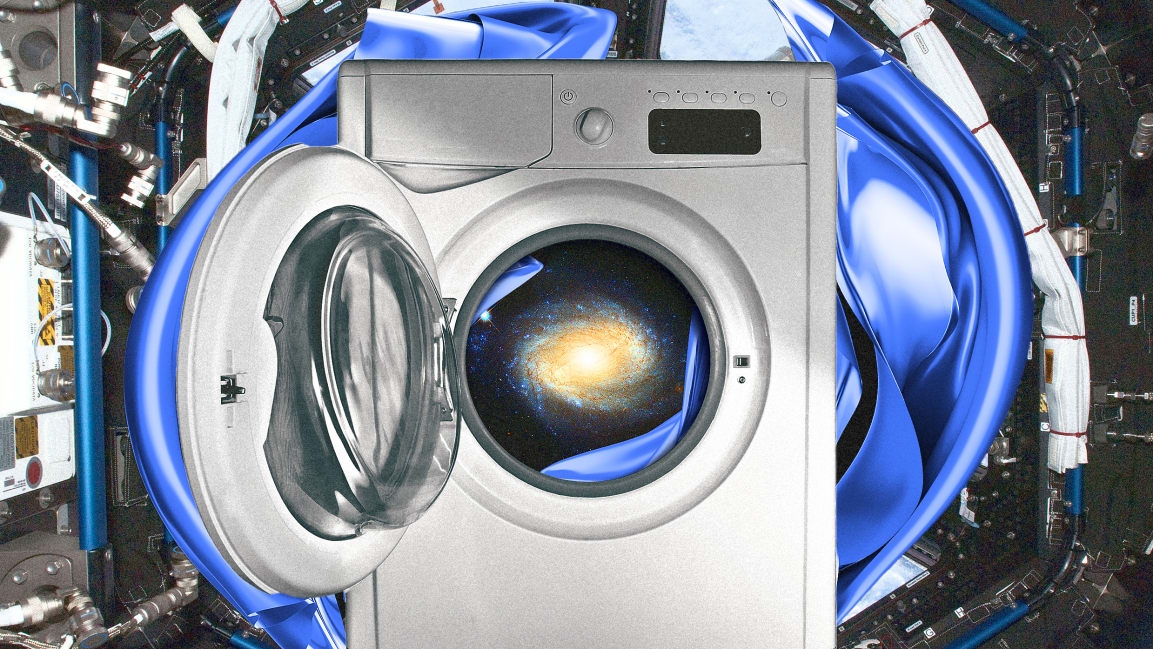‘NASA Tide’ will be the first-ever laundry detergent for astronauts
In their case, though, the hoarding is out of necessity, because there’s no effective laundry solution that exists yet in space. Quite simply, astronauts don’t wash their clothes. Instead, they lug ample supplies onto missions. But, as NASA prepares for upcoming, deep-space missions, Tide has created the first-ever astronaut laundry solution, to be trialed in space in the near future. And, the company hopes the learnings from the tests will be brought back down to Earth to help us run more sustainable laundry loads on our planet.
Leland Melvin, a retired NASA astronaut and engineer, embarked on two missions in 2008 and 2009, totaling about 23 days in space. Those are relatively short missions, he says, so he could afford to bring new shirts for each day. That’s simply not an option for longer-duration missions; clothes take up valuable storage space needed for food and other essentials—not to mention that the average cost of taking a pound of items to space, he says, is about $10,000.

So, when astronauts are spacebound for months or years at a time, they have to recycle clothing, switching out shirts and shorts (not to mention undergarments) only every five to seven days. “We don’t have the ‘upmass’ to keep throwing away our clothing,” Melvin says, using the term that means the capacity of the vessel to carry items to space. Used clothing is then usually returned from the International Space Station to Earth in an expendable cargo vehicle, or burned up in the atmosphere in a capsule full of trash. (Some have gotten more creative: a scientist once reported using an old pair of underwear as a source of “nutrients” for growing his tomato and basil plants.)
Clearly, a laundry solution has long been needed for poor explorers faced with stains, the threat of bacteria, and malodor (or in Melvin’s words, “stank funky”). NASA Tide, developed by Tide scientists to work in space’s uniquely taxing gravity conditions, including under NASA’s closed-loop water system. Water is scarce, and so all water products—including urine, workout sweat, and even exhaled breath moisture—are captured through vents, recycled, and filtered into drinking water. That will also be true of the water used for laundry, so the NASA Tide will be fully degradable, and work with much less water than your standard wash cycle.
The solution is being developed to align with upcoming ambitious trips to space: the Artemis Moon mission, which also aims to have the first woman and person of color to land on the Moon in 2024; and three-year Mars exploration missions planned for the 2030s. Tide plans to experiment with a variety of solutions, explains Amy Krehbiel, brand VP for NA Laundry at Procter & Gamble: first, for the lunar and martian modules, and on the surface of the Moon and Mars, Tide aims to send a washer-dryer machine that would work in low-gravity conditions. Astronauts would use NASA Tide and likely about four gallons of recyclable water for a 10-pound load. The second solution would be for the flights to and from the International Space Station, where gravity is much weaker, and would likely need solutions involving low or no water, and no spinning appliances. “This could potentially throw them off their trajectory!” Krehbiel says.
These laundry experiments will begin on the International Space Station from 2022 onward, and also involve trials of Tide-To-Go pens and wipes for waterless stain removal. The idea is that they’ll bring all their learnings back to Earth, to ultimately reduce water and energy usage for the estimated 25 billion loads of laundry completed each year in North America. It’s part of Tide’s Ambition 2030 sustainability goals, announced in March, under which it’s committed to halve greenhouse gas emissions at its plants by 2030, and to find product and educational solutions for less wasteful washing.
But, why try them in space first? “Doing it in space is the ultimate torture test,” Krehbiel says. Besides, for the astronauts, feeling clean simply improves quality of life in such an alien place, reducing distractions from the important tasks to be carried out on board. “I think it’s something that we must do to ensure the health and cleanliness of astronauts,” Melvin says. “All these little, micro things affect your way of living and being in this remote environment.”
(20)



